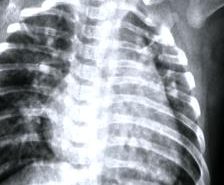Authors: Patrick Ribu Gorton, Andreas Strand, Karsten Brathen
Published on: April 22, 2024
Impact Score: 7.2
Arxiv code: Arxiv:2404.13954
Summary
- What is new: The survey highlights recent advancements in machine learning for simulating realistic air combat behavior, emphasizing the shift towards more scalable and efficient learning-based methodologies.
- Why this is important: Existing simulated entities in air combat training lack realistic behavior, and traditional methods for behavior modeling are time-consuming and often result in the loss of crucial domain knowledge.
- What the research proposes: The paper suggests adopting advanced reinforcement learning and imitation learning algorithms to generate complex, realistic behavior models that can overcome the limitations of traditional methods.
- Results: Recommendations for future research directions include focusing on beyond-visual-range combat, enhancing multi-agent cooperation through machine learning, utilizing hierarchical behavior models, and advocating for standardization and collaborative research initiatives.
Technical Details
Technological frameworks used: Machine learning, specifically reinforcement learning and imitation learning
Models used: Adaptive behavior models for air combat simulation
Data used: Simulation data for training machine learning algorithms
Potential Impact
Military training and simulation, aerospace defense contractors, and companies developing simulation software for air combat
Want to implement this idea in a business?
We have generated a startup concept here: SkyMind Training Solutions.



Leave a Reply